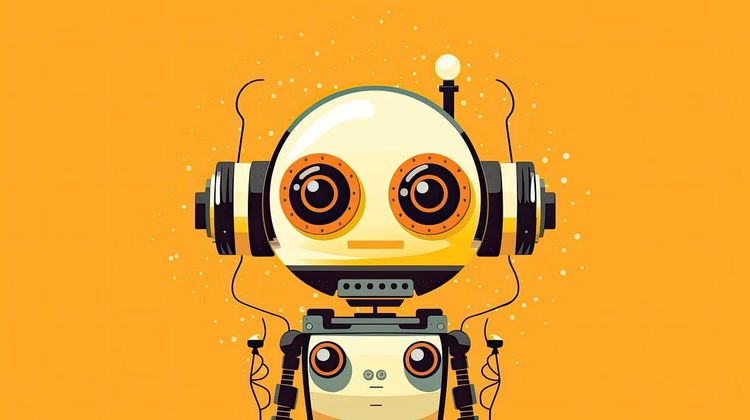OpenAI is reportedly developing a groundbreaking model that surpasses its flagship GPT-4, integrating capabilities to process text, video, audio, and images. Popular leaker Jimmy_Apples has indicated that this ambitious project, codenamed ‘Arrakis’, aims to compete directly with Google’s forthcoming Gemini model—a multimodal foundation model designed to rival ChatGPT.
According to the leak, Arrakis is described as an "everything-everything" model, allowing users to input any combination of text, image, audio, and video, resulting in outputs across these diverse modalities. The leaked information suggests that Arrakis significantly exceeds the functionalities of GPT-4 and is nearing the thresholds of artificial general intelligence (AGI). This reference to AGI, defined as an AI system's ability to perform general cognitive tasks comparable to human capability, has sparked intense discussions across platforms like Reddit. Interestingly, Jimmy_Apples’ account shut down shortly after the rumor surfaced.
Although some hallucinations persist in the model's output, reports indicate that about half of Arrakis was trained using synthetic data. The leaker claims that the model is adept at functioning as an autonomous agent. Notably, it is anticipated that Arrakis will not launch within the next year; however, there is speculation that it could debut in 2024. OpenAI might release it incrementally, potentially offering access to different modalities one at a time, suggesting that the public has already encountered aspects of it through recent updates, such as the unveiling of GPT-4V this week.
When prompted for clarification, OpenAI did not issue any comments. CEO Sam Altman attempted to dismiss AGI claims on Reddit, stating, “Y’all have no chill!" while alluding playfully to AGI being achieved in an internal context, only to later clarify that he was joking and that announcements regarding AGI will not be made casually on platforms like Reddit.
The name ‘Arrakis’ draws inspiration from Frank Herbert's iconic novel, Dune. In this fictional universe, the desert planet Arrakis symbolizes conflicts involving AI dominance and the subsequent ban on human construction of similar technologies, making it an intriguing choice for OpenAI given the ongoing discourse around AI implications.
As for the architecture of Arrakis, there is speculation whether it consists of a single extensive model or multiple smaller ones. Jimmy_Apples has suggested OpenAI is working on a model comprising 125 trillion parameters, a concept that has been floating since January. While the specifics of GPT-4’s size remain undisclosed post-release, the possibility of Arrakis being a singular behemoth or an assembly of smaller models raises interesting questions.
In June, Soumith Chintala, co-founder of PyTorch, disclosed that GPT-4 operates on a Mixture of Experts (MoE) architecture. If Arrakis is indeed a massively multimodal framework, leveraging an MoE structure could be a strategic move. Alexander Harrowell, a principal analyst at Omdia specializing in advanced AI computing, noted that such an architecture allows for flexibility, as not all components need to be activated simultaneously.
Harrowell elaborates that incorporating multimodal features through the MoE framework would be a logical progression, with the potential for scaling up to 125 trillion parameters without modifying the size of its experts. He estimates that around 74,000 Nvidia H100 GPUs would be necessary for training such a complex model, which, while ambitious, might be made feasible with substantial backing from partners like Microsoft.
The discussion surrounding AGI has ignited excitement and concern alike on platforms such as Twitter and Reddit, even attracting opinions from industry experts like Bojan Tunguz from Nvidia. Eden Zoller, chief analyst of Applied AI at Omdia, cautions that while AGI is not inherently negative, its realization without stringent alignment and safeguards could exacerbate existing risks and pose severe threats. The intense focus on advanced foundation models signals a growing recognition of the need for responsible development frameworks, as apprehensions surrounding AI often reflect fears of a dystopian future reminiscent of narratives in films like the Terminator franchise. Zoller warns that these fears of existential threats may overshadow the pressing issues that current AI technologies already pose.







